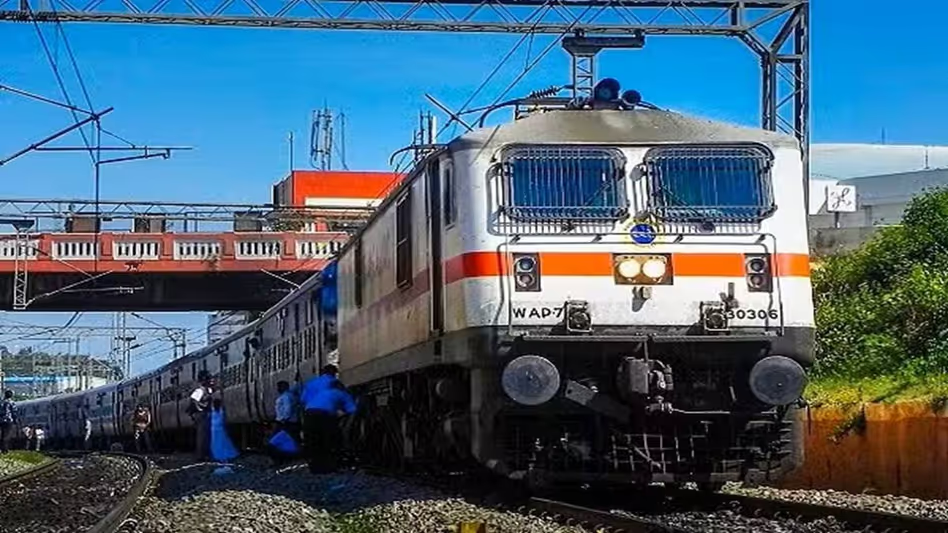In a significant development following the COVID-19 pandemic, the Indian Railways has announced a revision in passenger train fares, scheduled to come into effect from July 1, 2025. This fare hike, the first in several years, is aimed at countering the increasing operational costs and inflationary pressures faced by the railways.
The revised fare structure will see varying increases across different travel classes and routes. However, it has been specified that suburban train services and ordinary second-class travel up to 500 km will be exempt from the fare hike, providing relief to daily commuters and budget travelers.
Under the revised fare structure:
– There will be no increase in suburban train fares and Monthly Season Ticket (MST) prices.
– The fare for ordinary second-class travel for journeys up to 500 km will remain unchanged.
– For ordinary second-class travel beyond 500 km, the fare will increase by 0.5 paise per km.
– Non-AC Mail/Express trains will see a 1 paise per km hike.
– All AC classes will face a 2 paise per km increase.
This measured approach to fare revision is expected to generate essential revenue for infrastructure and service enhancements without overburdening short-distance or frequent travelers.
In a parallel move to increase transparency and prevent misuse of the Tatkal booking system, the Ministry of Railways has made Aadhaar authentication mandatory for booking Tatkal tickets starting July 1, 2025. Only users with verified Aadhaar identities will be allowed to book Tatkal tickets through the IRCTC website and mobile app. Additionally, Aadhaar-based OTP verification will be implemented from July 15 to strengthen this measure.
To further curb malpractices by intermediaries, IRCTC-authorized agents have been prohibited from booking Tatkal tickets during the initial 30 minutes of the booking window for both AC and non-AC Tatkal bookings.
The Centre for Railway Information Systems (CRIS) has been assigned the task of updating the booking platform to incorporate these changes and ensure compliance across all railway zones.
These sweeping reforms demonstrate the Railways’ dedication to providing a more secure, transparent, and passenger-friendly system while also striving for operational sustainability.

